Beyond the Buzz: How ZK Technology Is Reshaping Web3, DeFi, and GameFi
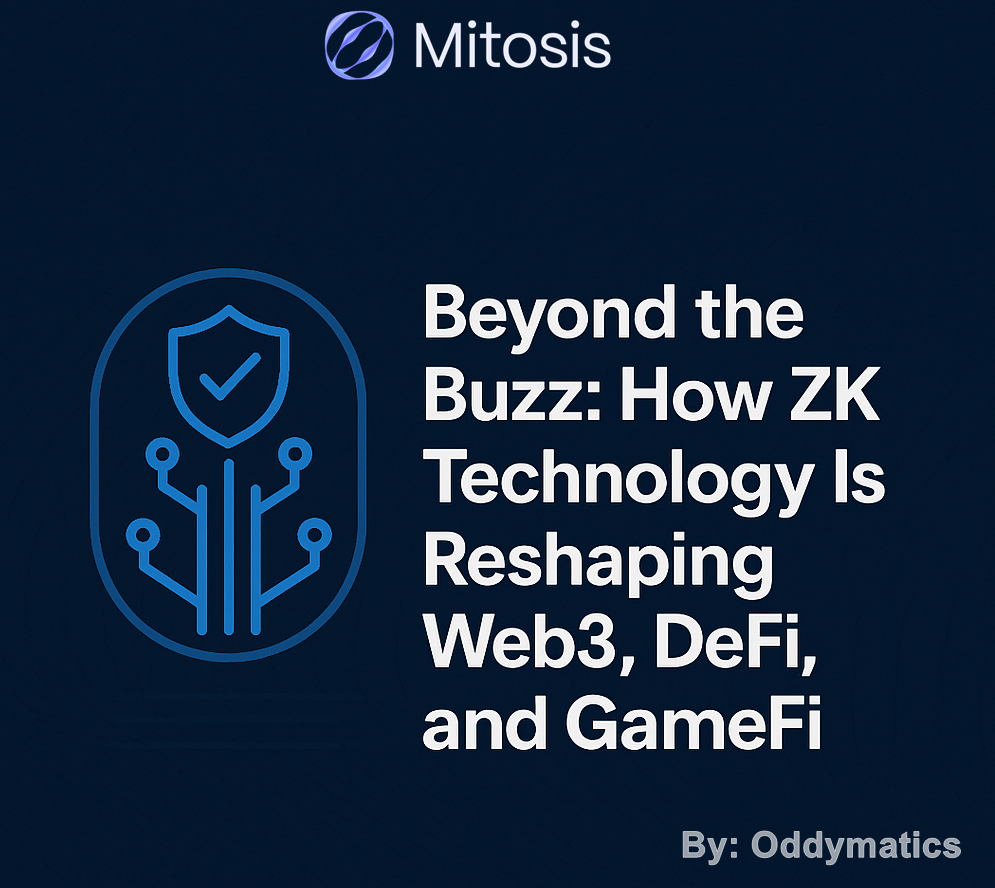
Introduction
Zero-knowledge (ZK) technology, once a niche cryptographic concept, is now one of the most powerful forces reshaping the Web3 landscape. From solving Ethereum’s scalability bottlenecks to creating entirely new use cases in GameFi and DeFi, ZK proofs particularly ZK-Rollups and ZK-EVMs are setting the stage for a more private, efficient, and composable blockchain future.
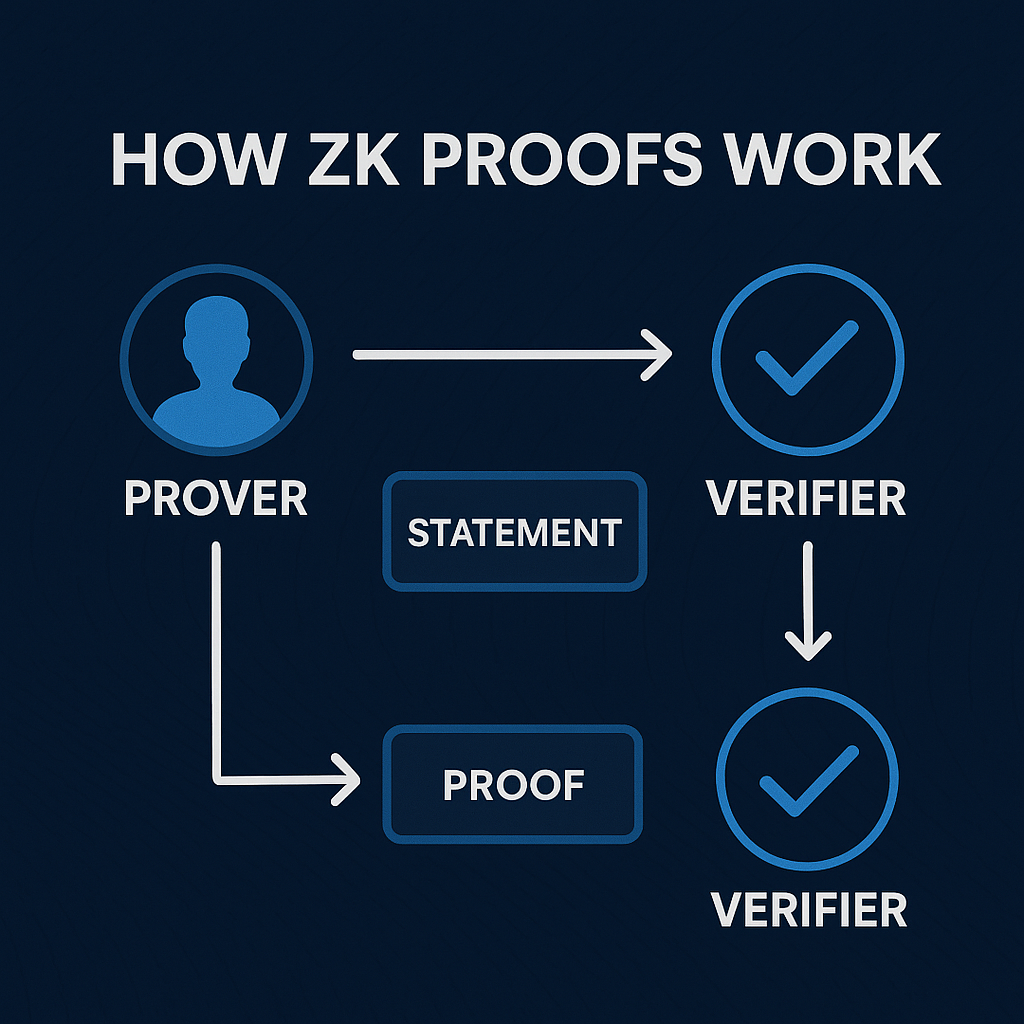
But what exactly is this technology doing differently, and why does it matter now more than ever?
ZK vs. Optimistic Rollups: A Quick Breakdown
To understand the significance of ZK, it helps to compare it with the other major Layer 2 solution, Optimistic Rollups.
| Feature | Optimistic Rollups | ZK-Rollups |
|---|---|---|
| Verification Mechanism | Assumes transactions are valid unless challenged | Proves correctness via cryptographic proofs |
| Finality Time | 7 days (due to fraud challenge window) | Minutes (due to validity proofs) |
| Security Model | Game-theoretic (based on fraud proofs) | Cryptographic (mathematical certainty) |
| Cost Efficiency | Moderate | High (after proving cost amortized) |
| Privacy | Limited | High (supports encrypted inputs/outputs) |
While Optimistic Rollups were first to scale Ethereum meaningfully (e.g., Arbitrum, Optimism), ZK-Rollups are now showing superior performance especially for long-term use cases.
Major Projects Leading the ZK Revolution
1. Polygon zkEVM
Polygon Labs’ zkEVM offers full Ethereum Virtual Machine equivalence allowing developers to port smart contracts from Ethereum without modification. It maintains compatibility while offering lower fees and faster finality.
2. zkSync Era
Developed by Matter Labs, zkSync focuses on developer experience and scalability. It supports account abstraction and native Layer 3 integration, enabling scalable dApps and even multi-chain dApps on top.
3. StarkNet
Using STARKs (a form of zero-knowledge proof distinct from SNARKs), StarkNet emphasizes quantum resistance and data availability. It powers advanced DeFi protocols and has already been integrated with dYdX and Sorare.
| ZK Project | Unique Edge | Backers/Partners |
|---|---|---|
| Polygon zkEVM | Full EVM compatibility | Meta, Flipkart, Lens Protocol |
| zkSync | Native Layer 3 & abstraction features | ConsenSys, A16z |
| StarkNet | STARK-based, quantum-resistant proofs | Paradigm, Alameda |
New Use Cases ZK Unlocks in Web3
Privacy-Preserving DeFi: ZK tech enables private swaps, lending, and staking, allowing users to engage with DeFi protocols without revealing wallet balances or transaction history.
Projects like Railgun and Aztec are already building DeFi layers with encrypted logic.
GameFi with Verifiable On-Chain Logic: In GameFi, ZK proofs can verify game outcomes or in-game actions without disclosing underlying mechanics. This ensures fair play and reduced on-chain load.
Imagine a poker game where hands are proven valid without revealing them.
Cross-Chain Interoperability
ZK can be used to verify events on one chain from another, without relying on centralized bridges or trust assumptions.
For example, ZK light clients can validate Ethereum state on Solana or vice versa.
Regulatory-Compliant Identity & KYC: Zero-knowledge identity solutions allow users to prove compliance (e.g., age, residency, KYC) without disclosing sensitive personal information.
Projects like Polygon ID and ZKPass lead the charge in self-sovereign identity.
Challenges to Watch
While ZK is promising, it’s not without hurdles:
- High proving costs (though decreasing with time and hardware improvements)
- Complex developer tooling (learning curves with zkDSLs like Cairo or Noir)
- Limited wallet & dApp support (though rapidly evolving)
Yet, these are temporary barriers, not dealbreakers. Just as early DeFi faced friction in 2019–2020, ZK is now on the same curve heading toward mass usability.
Conclusion: The Quiet Power of Zero Knowledge
ZK technology may not be the flashiest topic in crypto, but it is arguably the most transformative. From scaling Ethereum with provable security to powering the next wave of private, compliant, and intelligent dApps, it’s clear that ZK isn’t just a rollup it’s a movement. As more capital and developer talent flow into this space, we’re likely to see ZK tech shift from backend infrastructure to center stage of the Web3 experience. Whether you’re a DeFi degenerate, a GameFi dev, or a privacy advocate, one thing is clear: ZK is the future of Web3.
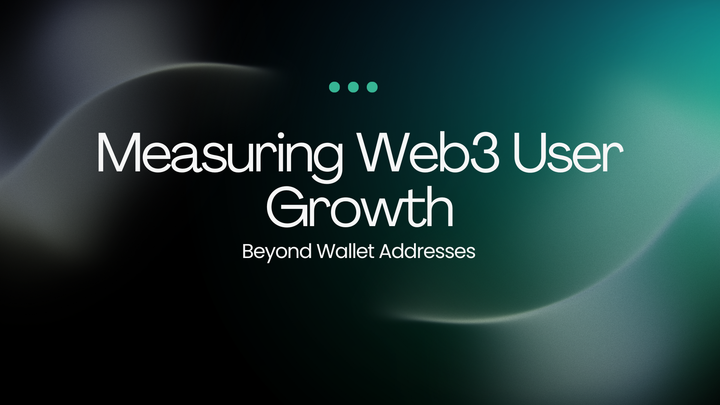
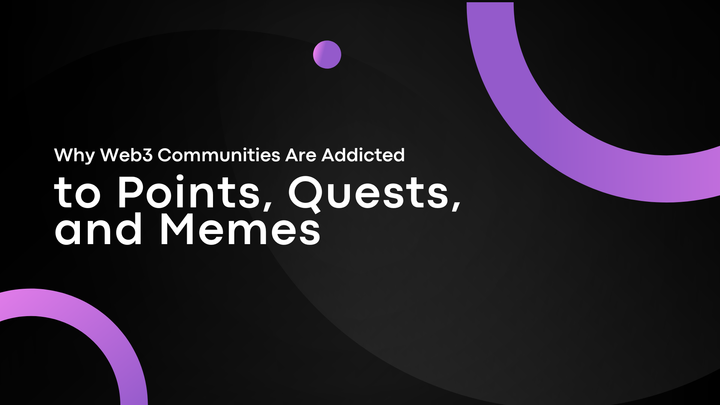
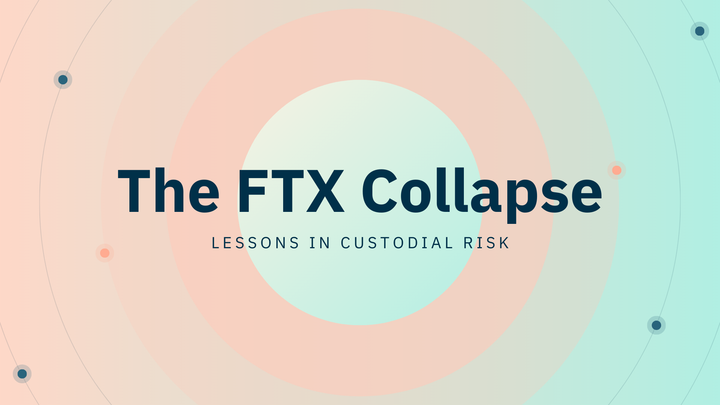
Comments ()